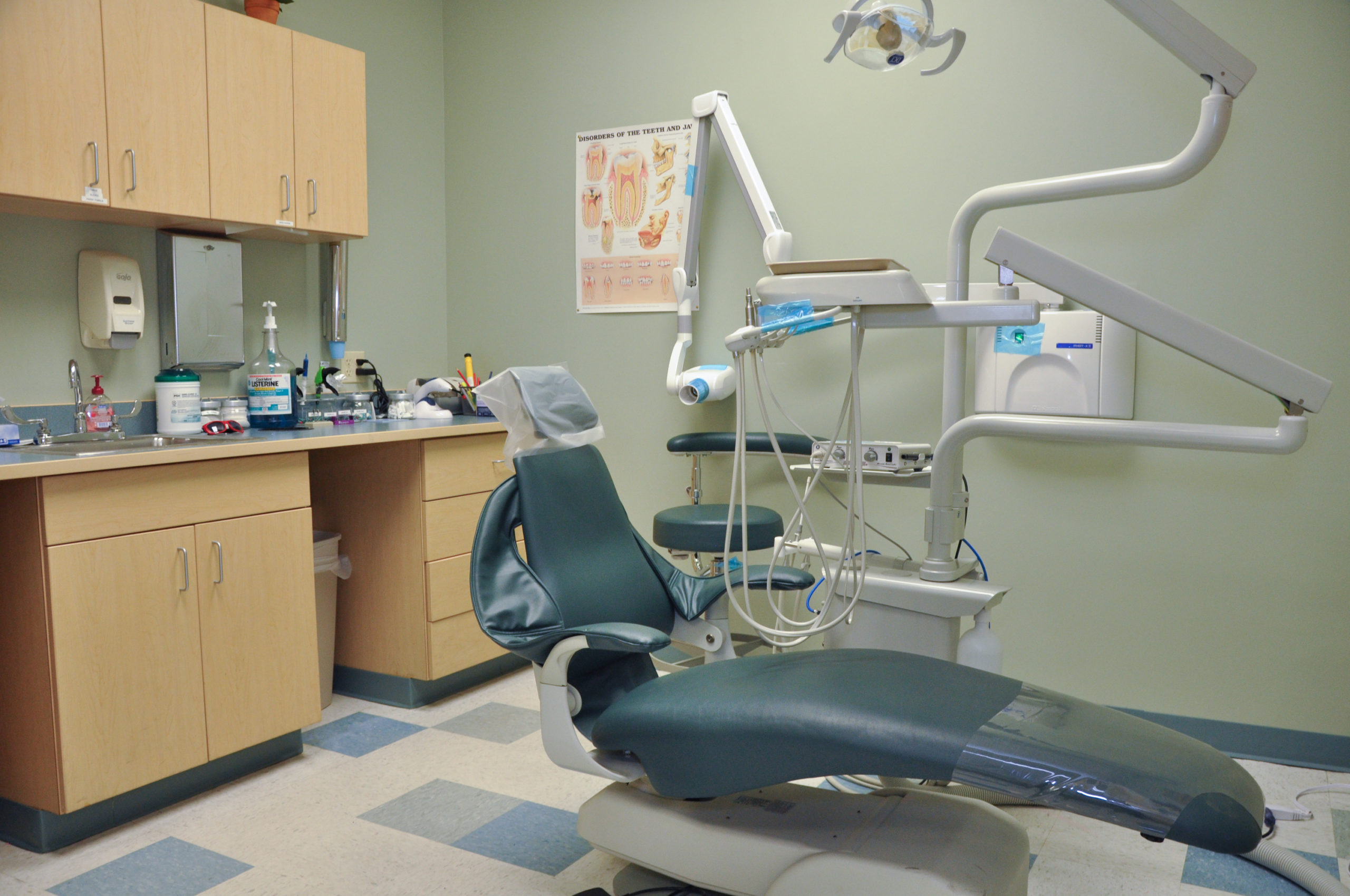The Advantages of Selecting a Same Day Dental Crown for Rapid Repair
The Advantages of Selecting a Same Day Dental Crown for Rapid Repair
Blog Article
Necessary Dental Care Procedures for Preserving Healthy And Balanced Teeth and Gums
Preserving ideal oral health and wellness is important for general well-being, and recognizing necessary dental care procedures is the initial step towards accomplishing this objective. Routine oral exams and professional cleansings play a critical role in the early discovery of prospective problems, while day-to-day techniques such as cleaning and flossing are fundamental for combating plaque and food bits.
Regular Oral Check-Ups
Routine oral exams are important for preserving optimal dental health and wellness and stopping potential issues. These consultations commonly occur every six months and serve numerous purposes, consisting of the early discovery of oral issues such as tooth cavities, periodontal condition, and dental cancer. By recognizing these concerns at their start, people can take advantage of much less invasive treatments and improved end results.

Moreover, routine exams provide an opportunity for dental experts to offer tailored guidance on dental health techniques, dietary selections, and lifestyle adjustments that can improve overall oral health. Establishing a routine of normal check-ups promotes a proactive approach to oral care, encouraging people to take cost of their oral wellness and eventually leading to a brighter, much healthier smile. Ignoring these essential gos to can lead to more severe difficulties, underscoring their significance in preventative dental care.

Specialist Cleansings
An essential part of maintaining oral health and wellness is the expert cleaning carried out by an oral hygienist. These cleanings, normally suggested every 6 months, are necessary for the prevention of oral problems such as cavities and gum illness. Emergency Dentist Washington DC. Throughout a professional cleaning, the hygienist employs specialized tools to eliminate plaque and tartar accumulation from the teeth and along the gum tissue line, areas that normal brushing might miss
The treatment begins with a thorough exam of the mouth. Following this, the hygienist makes use of a scaler to carefully scrape away solidified plaque. This is usually adhered to by a sprucing up therapy with a sandy toothpaste, which aids to remove surface area discolorations and smooth the enamel. Finally, the hygienist might apply a fluoride treatment to enhance the teeth and give additional security against decay.
Expert cleanings not only enhance the aesthetic appeals of your smile yet also considerably add to overall dental health and wellness. They enable for very early detection of possible problems, making it possible for prompt intervention. By focusing on these cleanings, people can make sure that their dental health routine is complemented by professional care, inevitably resulting in healthier gums and teeth.
Daily Brushing Techniques
Effective daily cleaning techniques are important for preserving optimal oral health. Brushing your teeth at the very least twice a day, preferably in the morning and prior to bedtime, is crucial for removing plaque and protecting against dental caries. Choose a soft-bristled tooth brush that fits comfortably in your hand and allows very easy access to all areas of your mouth.
When cleaning, hold the tooth brush at a 45-degree angle to your gums. This placement assists to cleanse not just the teeth but additionally the gumline, where plaque can gather.
Don't fail to remember to clean the internal surface areas of your teeth, along with your tongue, to get rid of germs and freshen your breath. Change your tooth brush every three to four months or sooner if the bristles are frayed. Furthermore, think about using fluoride tooth paste to reinforce enamel and minimize the danger of decay. Establishing a consistent brushing routine will significantly add to the long-lasting health of your gums and teeth.
Efficient Flossing Techniques
Flossing is an important part of an extensive dental health regimen, playing an essential function in eliminating food fragments and plaque from locations that a toothbrush can not reach. Efficient flossing methods can dramatically improve the health of your gums and teeth, protecting against dental caries and gum tissue disease.
To start, utilize roughly 18 inches of floss, winding the ends around your center fingers, enabling far better control. Hold the floss tightly between your thumbs and index fingers, delicately guiding it between your teeth with a sawing motion. Prevent breaking the floss, as this can trigger gum tissue damages.
As soon as the floss reaches the periodontal line, curve it right into a C shape against one tooth and slide it underneath the periodontal line delicately, making sure to cleanse both sides of the tooth. Repeat this process company website for each tooth, utilizing a clean area of floss as you relocate from one tooth to the following.
It is suggested to floss at the very least daily, preferably prior to brushing, to maximize plaque removal. Integrating reliable flossing strategies right into your oral hygiene regimen will certainly contribute to total dental health and wellness, making it a crucial method for maintaining healthy teeth and gums.
Nutritional Considerations for Oral Wellness
Countless studies demonstrate that nutritional factors to consider play a critical duty in preserving dental health and protecting against dental issues. A healthy diet regimen abundant in necessary nutrients is essential for the development and upkeep of healthy and balanced teeth and gums. Trick minerals and vitamins, such as vitamin, phosphorus, and calcium D, add substantially to the toughness of tooth enamel and the overall stability of the mouth.
Foods high in antioxidants, like vegetables and fruits, enhance gum tissue wellness by minimizing inflammation and combating oxidative stress. Sufficient hydration is vital; water not just aids in the manufacturing of saliva, which counteracts acids and cleans away food particles, but also Click Here help in keeping a balanced dental microbiome. Emergency Dentist DC.
Conversely, extreme usage of acidic and sweet foods can bring about dental cavity and disintegration. Restricting these foods, in addition to practicing good dental hygiene, is vital for dental wellness. In addition, incorporating foods high in fiber can stimulate saliva manufacturing, which is valuable for dental health. Thus, an alternative method that includes conscious nutritional selections can considerably add to the avoidance of dental problems and the promo of total dental well-being.
Final Thought

These visits normally take place every six months and offer numerous purposes, consisting of the early detection of dental issues such as dental caries, gum tissue illness, and dental cancer cells.Throughout a check-up, a dental expert carries out a detailed assessment of the teeth, periodontals, and bordering dental frameworks.Moreover, regular exams give a possibility for dental professionals to supply tailored advice on oral hygiene techniques, dietary selections, and way of life adjustments that can boost general i was reading this dental wellness.In recap, preserving healthy and balanced teeth and gums requires adherence to necessary oral care procedures. Normal specialist cleansings and dental exams promote early detection of dental issues and the elimination of plaque and tartar, respectively.
Report this page